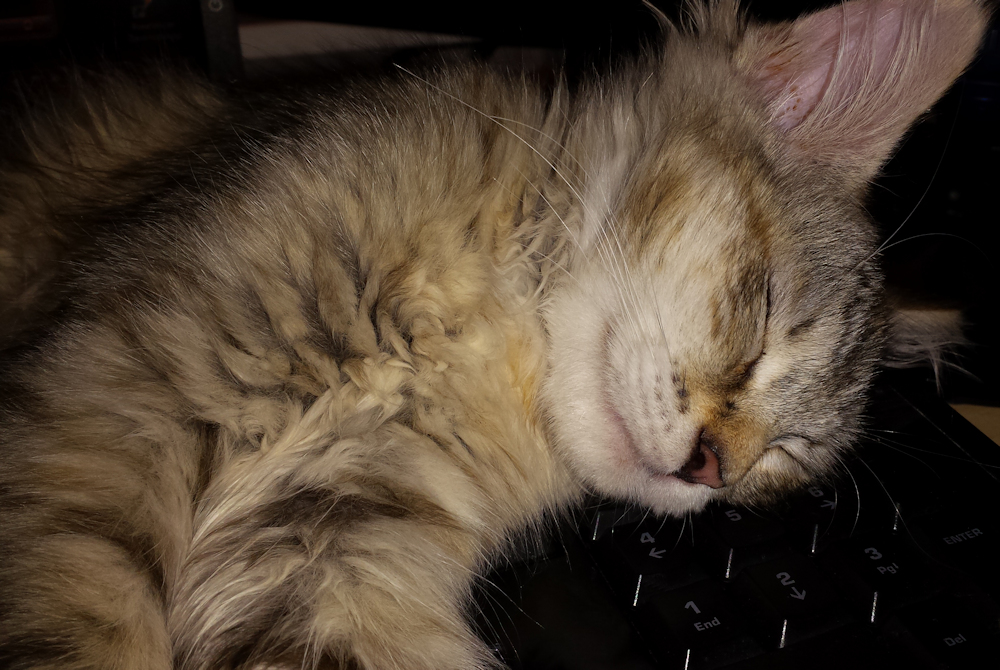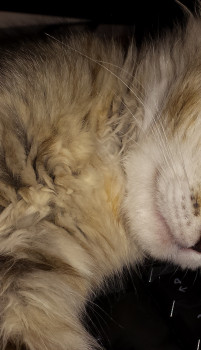- How much is an allergy test?
- How do I introduce my kitten to children?
- What is a hypoallergenic cat?
- How do I introduce the kitten to other pets?
- How should I prepare for my kitten’s arrival?
- How do I settle my kitten in?
- What should I feed my kitten?
- Why should I keep my cat indoors?
- Any other advice?
How much is an allergy test?
How do I introduce my kitten to children?
As with introducing pets, introducing your new kitten to children needs to be done slowly and carefully. Let the kitten settle in before you introduce it to children. If your children are young, never leave them unattended with the kitten. Ensure you teach your children how to properly handle a kitten and provide the kitten with a safe place it can retreat to should it need to get away.
Explain to your children that kittens and cats should never be disturbed if they are sleeping or eating.
![]()
![]()
![]()
![]()
![]()
![]()
![]()
![]()
![]()
![]()
What is a hypoallergenic cat?
Have a cat allergy? I’ve had such a great success rate with new owners who are successfully living with a Siberian cat. Did you know it’s actually not the fur that’s the issue, but the protein Fel-Dh1 in the cat’s saliva? It’s this that humans are allergic to. With hypoallergenic cats, there is little of this particular “protein”.
Many who thought that cat ownership was beyond them may be able to live with a Siberian.
However, I get a huge number of requests for female Siberian kittens as opposed to male Siberian kittens. Perhaps they are reading that females are better than males for dander and reactions, but to date I have not seen that this is correct. I have placed as many boys as girls into homes of people that have cat allergies and they do not seem to be any different. The only cat you may want to reconsider is the silver-haired variety as they do tend to produce reactions in allergy sufferers.
An allergy test is £25.
You will sit with and pet a couple of our adult Siberians for an hour in an enclosed outdoor summer house to see if you have any reactions to them. In our experience, testing with adult cats is better because they are fully grown and developed, so you’re more likely to have a reaction if you’re going to.
![]()
![]()
![]()
![]()
![]()
![]()
![]()
![]()
![]()
![]()
How do I introduce the kitten to other pets?
Let your new kitten settle in before you attempt to introduce it to other pets. The introduction needs to be slow and at the animal’s pace. Some pets will become firm friends almost immediately; however, it is common for resident pets to be upset at the arrival of a new pet for weeks or even months. This is completely normal behaviour and needs to be met with sensitivity and understanding. The worst thing you can do is rush the situation.
![]()
![]()
![]()
![]()
![]()
![]()
![]()
![]()
![]()
![]()
How should I prepare for my kitten’s arrival?
It is important to kitten-proof your home and also to check out the list of plants which are toxic and non-toxic to cats. If you have plants which are toxic to cats, ensure they are out of reach. There are safe alternatives for your plant to nibble on should the kitten want some greenery.
Before the kitten arrives home, make sure you have set up a comfortable room for your kitten to be confined in for the first few days, just while she settles in. You can gradually open up your house over a period of a few days.
![]()
![]()
![]()
![]()
![]()
![]()
![]()
![]()
![]()
![]()
How do I settle my kitten in?
Your kitten may be unsettled for a few days and miss her mum and littermates, so it’s up to you to help ease the kitten’s transition into your new home.
Once your new kitten arrives home, confine her to one room with a litter tray, food, water and a comfortable bed and give her some time to become familiar with their surroundings. Cats are fastidiously clean animals and it is necessary to make sure the food and water bowls need to be kept as far away from the litter tray as possible. After a few days and when she is well settled, you can gradually increase the area she can explore.
![]()
![]()
![]()
![]()
![]()
![]()
![]()
![]()
![]()
![]()
What should I feed my kitten?
It is best to stick with the food your kitten has been eating in his previous home. If you want to change to another brand, do so gradually so you don’t cause a tummy upset.
There are many premium brands of food on the market which are especially made for kittens.
It isn’t necessary to give your kitten cow’s milk and in fact may cause a tummy upset. Instead, provide your kitten with a bowl of clean, fresh tap water. Water should be changed daily.
![]()
![]()
![]()
![]()
![]()
![]()
![]()
![]()
![]()
![]()
Why should I keep my cat indoors?
It is in the best interest for the cat that they are kept indoors. Cats are a lot healthier indoors because they don’t pick up all the germs and diseases that are spread about outdoors. They are not streetwise and a very high percentage of cats are killed on the road. Cats are very happy indoors and are healthier and alive. Being indoors also keeps their coats in better condition and less matted.
Siberians are also very valuable and attract attention based on that fact – sometimes from the wrong people!
![]()
![]()
![]()
![]()
![]()
![]()
![]()
![]()
![]()
![]()
Any other advice?
Yes! Do not give your cat or kitten milk except if it’s specialist kitten milk as cats do not tolerate it well. We also recommend brushing your Siberian daily while you cosy on the couch to watch TV, which keeps their coats in perfect condition.

![]()
![]()
![]()
![]()
![]()
![]()
![]()
![]()
![]()
![]()
.
.
.
.
.
.
.
.
.
.
.
.
.
.
.
.
.
.
.
.
.
.
.
.
.
.
.
.
.
.
.
.
.
.
.
.

